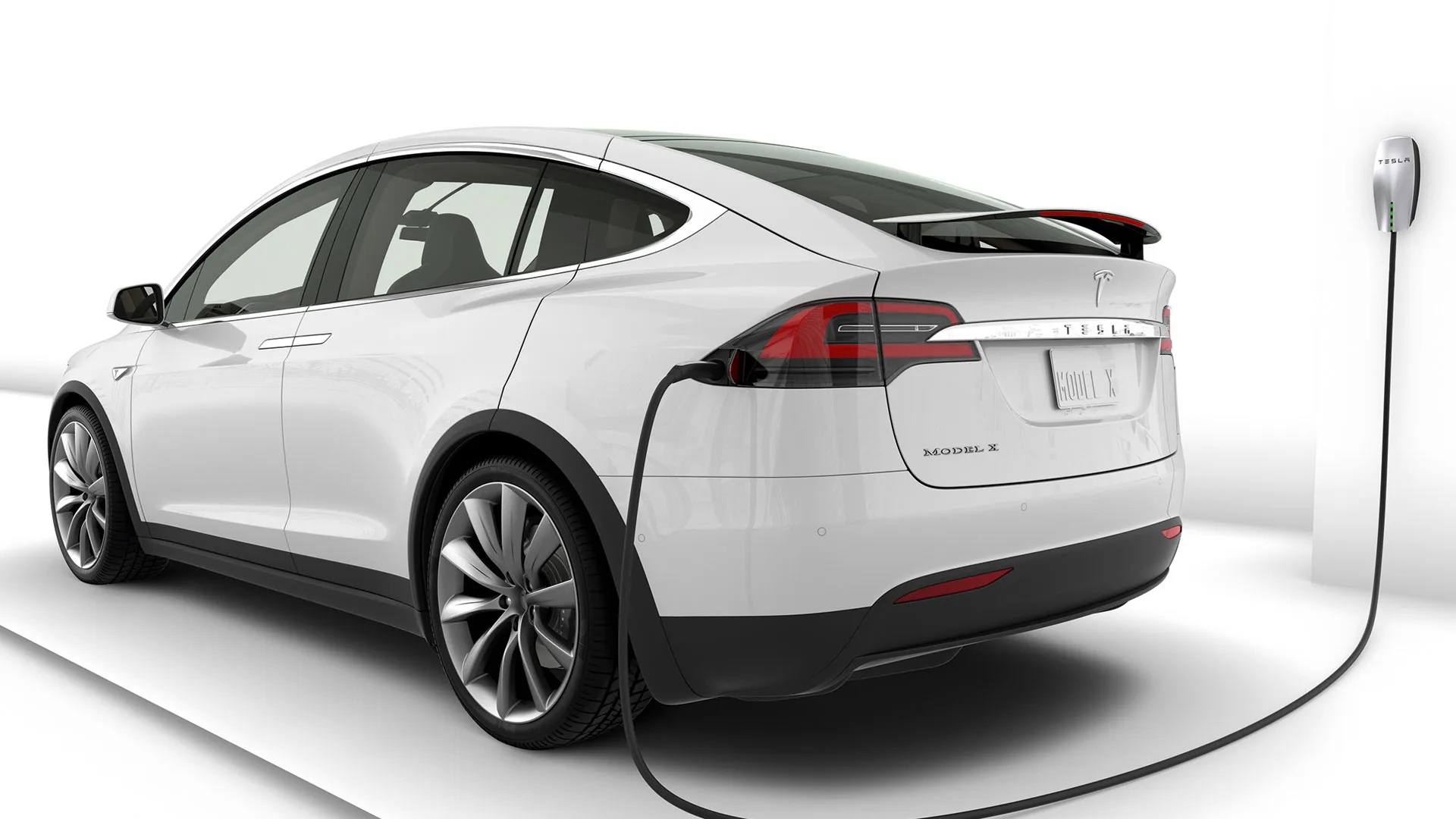
Electric cars have revolutionized the automotive industry, offering a cleaner and more sustainable alternative to traditional gasoline-powered vehicles. With their reduced emissions and lower operating costs, electric cars are becoming increasingly popular among consumers. But aside from their environmental benefits, electric cars also come with a range of intriguing and fun facts that make them even more exciting. In this article, we will explore 20 fascinating facts about electric cars that will amaze and entertain you. From their impressive acceleration to their quiet ride, innovative features, and remarkable efficiency, electric cars have truly emerged as the future of transportation. So, get ready to discover some electrifying facts about these eco-friendly vehicles!
Key Takeaways:
- Electric cars were actually invented before gasoline cars, and they produce zero tailpipe emissions, helping to reduce air pollution and combat climate change.
- Electric cars are more energy-efficient, quieter, and have lower maintenance costs than gasoline cars, making them a stylish and innovative choice for the future of transportation.
Electric cars were invented before gasoline cars.
Did you know that electric cars were actually invented before gasoline cars? In the early 19th century, electric vehicles were more popular due to their ease of use and lack of harmful emissions.
The first practical electric car was built in the 1880s.
In the 1880s, British inventor Thomas Parker built the first practical electric car. It had a range of about 18 miles and could reach speeds of up to 14 miles per hour.
Electric cars produce zero tailpipe emissions.
One of the main advantages of electric cars is that they produce zero tailpipe emissions. This means they don’t release harmful pollutants into the atmosphere, helping to reduce air pollution and combat climate change.
Electric cars are more energy-efficient than gasoline cars.
Electric cars have higher energy efficiency compared to gasoline cars. While gasoline-powered vehicles convert only about 20% of the energy in fuel into power, electric cars can convert up to 90% of the energy from the battery into power.
Electric cars are quieter than conventional cars.
One of the unique characteristics of electric cars is their quietness. Since they don’t have a traditional combustion engine, electric vehicles produce less noise pollution, providing a more peaceful and serene driving experience.
The first electric taxi service was established in 1897.
In 1897, a fleet of electric taxis hit the streets of New York City, marking the birth of the first electric taxi service. These eco-friendly taxis quickly gained popularity among city dwellers.
Electric cars can be charged at home.
With the convenience of home charging stations, electric car owners can easily charge their vehicles overnight, eliminating the need for frequent trips to the gas station.
Electric cars have lower maintenance costs.
Electric cars have fewer moving parts compared to traditional combustion engine vehicles, resulting in lower maintenance costs. Electric vehicles also require less frequent oil changes and have fewer components that can wear out over time.
Electric cars have regenerative braking.
Regenerative braking is a feature in electric cars that converts the kinetic energy generated during braking into electricity, which is then used to recharge the battery. This helps to increase overall efficiency and extend the driving range.
Electric cars have instant torque.
Electric motors deliver instant torque, which means they can accelerate quickly from a standstill. This instant response provides a thrilling driving experience and makes electric cars ideal for city driving.
Electric cars have a lower center of gravity.
Due to the placement of heavy batteries at the bottom of the vehicle, electric cars have a lower center of gravity compared to gasoline cars. This improves stability and handling, making electric cars more enjoyable to drive.
Electric cars qualify for tax incentives and rebates.
Many governments offer tax incentives and rebates to promote the adoption of electric vehicles. These incentives can help reduce the upfront cost of purchasing an electric car, making them more affordable for consumers.
Electric cars can be powered by renewable energy sources.
By pairing electric cars with renewable energy sources such as solar or wind power, it is possible to create a completely clean and sustainable transportation system.
Electric cars are becoming more affordable.
As technology advances and production scales up, the cost of electric cars is steadily decreasing. This makes electric vehicles more accessible to a wider range of consumers.
Electric cars have a growing charging infrastructure.
Public charging stations for electric cars are becoming more widespread, making it easier for owners to find places to charge their vehicles while on the go.
Electric cars have longer driving ranges than ever before.
With advancements in battery technology, electric cars now have longer driving ranges than ever before. Some models can travel over 300 miles on a single charge.
Electric cars have lower fuel costs.
Electricity is generally cheaper than gasoline, resulting in lower fuel costs for electric car owners. Over time, this can lead to significant savings on transportation expenses.
Electric cars have a smaller carbon footprint.
By using electricity as a fuel source instead of gasoline, electric cars have a smaller carbon footprint. They help to reduce greenhouse gas emissions and mitigate the effects of climate change.
Electric cars are stylish and innovative.
Electric car manufacturers are constantly pushing the boundaries of design and innovation. Today, there are a wide variety of stylish and advanced electric car models available on the market.
Electric cars are the future of transportation.
With the world’s increasing focus on sustainability and combating climate change, electric cars are poised to become the future of transportation. They offer a cleaner and more efficient way to travel, making them an essential component of a greener future.
Conclusion
Electric cars have revolutionized the automotive industry, providing a greener and more sustainable mode of transportation. From their environmental benefits to their impressive performance, there are numerous fun facts about electric cars that make them an exciting choice for drivers. Whether it’s the instant torque, longer range capabilities, or the advancements in charging infrastructure, electric cars are proving to be the future of transportation.
With more and more automakers investing in electric vehicle technology, we can expect even more exciting advancements in the coming years. The growing availability of electric car models and the expanding charging network means that electric cars are becoming increasingly accessible for everyone. So, get ready to embrace the electric revolution and join the movement towards a cleaner and more sustainable future!
FAQs
1. How far can electric cars travel on a single charge?
Electric cars can travel anywhere from 100 to over 300 miles on a single charge, depending on the model and battery capacity.
2. How long does it take to charge an electric car?
Charging times can vary depending on the charging station and the electric car’s battery size. Fast charging stations can charge an electric car to 80% in as little as 30 minutes, while slower chargers may take a few hours for a full charge.
3. Are electric cars more expensive to maintain?
Electric cars generally have fewer moving parts compared to traditional internal combustion engine vehicles, resulting in lower maintenance costs. They also require fewer fluids and have longer brake life, reducing overall maintenance expenses.
4. Can electric cars be charged at home?
Yes, electric cars can be charged at home using a standard electrical outlet or a dedicated home charging station. Installing a Level 2 charger can significantly reduce charging times compared to a standard outlet.
5. Are electric cars better for the environment?
Yes, electric cars produce zero tailpipe emissions, reducing air pollution and greenhouse gas emissions. However, it is important to consider the source of electricity, as electric cars are only as clean as the energy used to charge them.
Was this page helpful?
Our commitment to delivering trustworthy and engaging content is at the heart of what we do. Each fact on our site is contributed by real users like you, bringing a wealth of diverse insights and information. To ensure the highest standards of accuracy and reliability, our dedicated editors meticulously review each submission. This process guarantees that the facts we share are not only fascinating but also credible. Trust in our commitment to quality and authenticity as you explore and learn with us.


